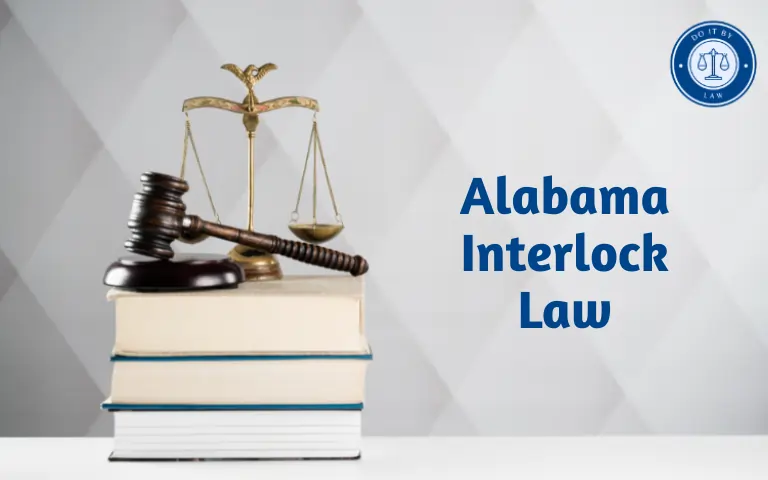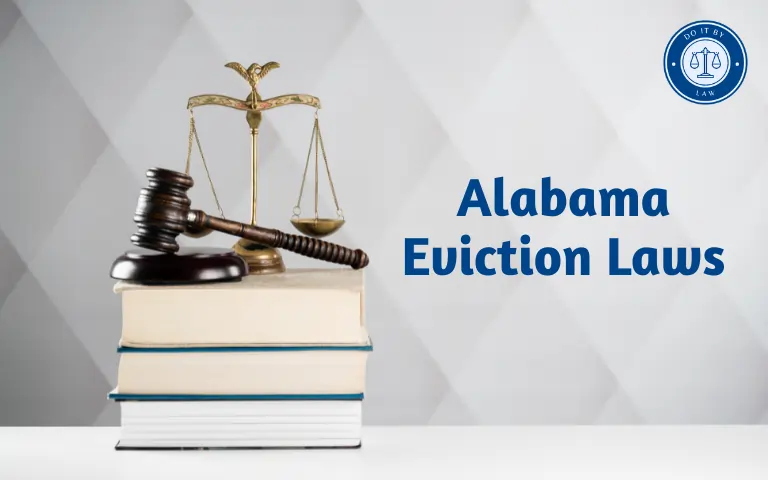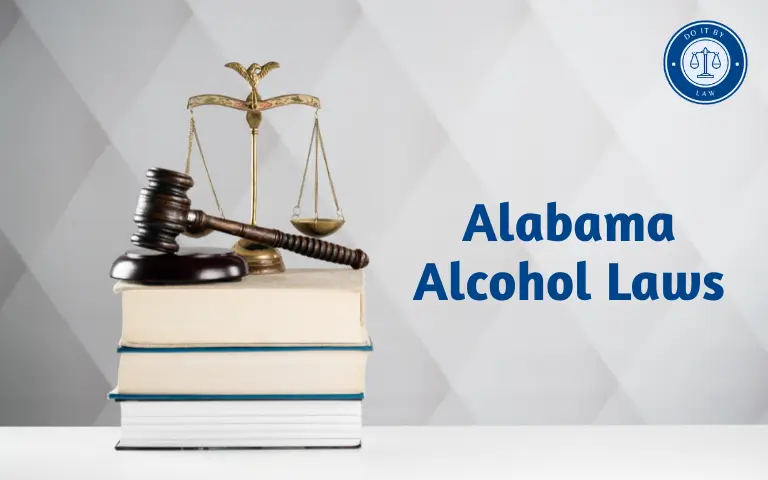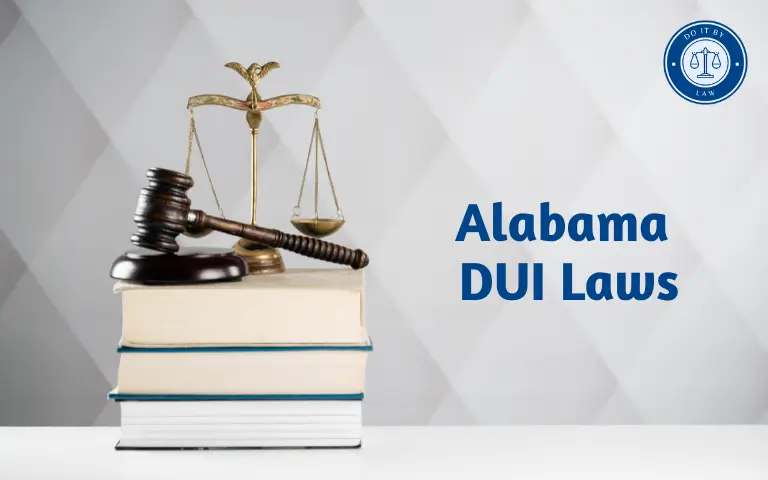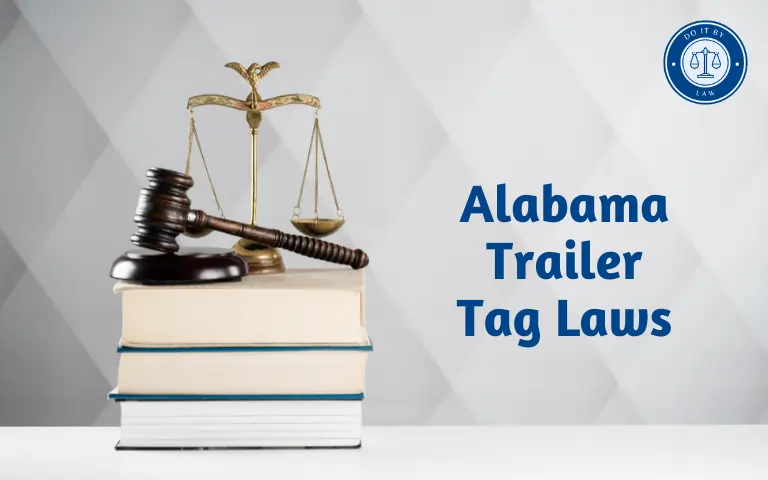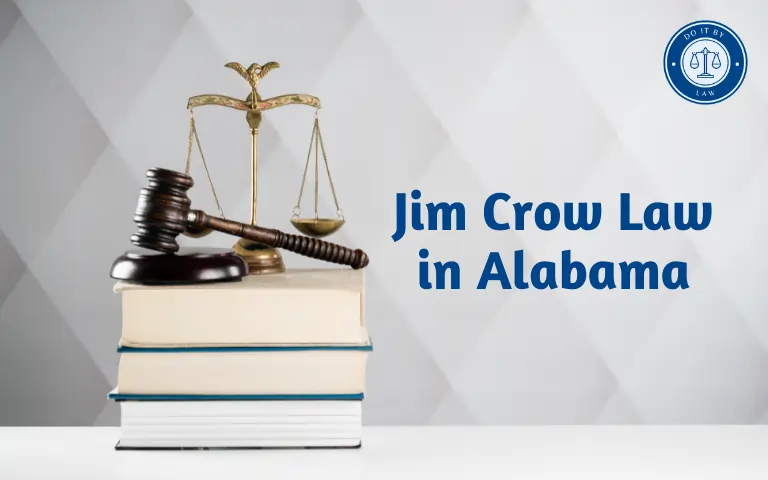Alabama Interlock Law: What do you need to know
If convicted of driving under the influence (DUI) in Alabama, you may face mandatory Alabama Interlock Law installation under state law as a condition of license reinstatement. This guide covers key rules, procedures, and restrictions surrounding ignition interlock device requirements in the Alabama States as of December 2023.
When Were Alabama Interlock Law Enacted and Why Do They Exist?
Alabama first enacted legislation authorizing statewide use of ignition interlock systems for DUI offenders in the mid-1990s. However, interlock mandates only became compulsory under certain conviction conditions starting in 2006 when more robust “Chris’s Law” and “Carter’s Law” expanded the program intending to:
- Allow DUI offenders to retain limited driving privileges for key necessities like work by installing monitoring devices versus outright license suspension term mandates of the past.
- Provide a technological safeguard restricting engine ignition access during any attempted vehicle operation if elevated blood alcohol levels still register on the equipment during retesting.
- Further deter repeat DUI violations by having robust data recording capabilities regarding any failed alcohol retests, circumvention attempts, false vehicle passenger signatures logged at rolling retest prompts, and other parameter deviations – all get documented as violations reported to the Alabama Law Enforcement Agency overseeing compliance.
So while allowing mobility freedom after procedural qualification steps are met, interlocks also enable oversight on responsible recovery progress terms before full reinstatement is granted.
Who Does Alabama Interlock Law Apply To?
Alabama’s ignition interlock legal requirements generally apply to:
- Any drivers convicted specifically of DUI – either alcohol-related or drug-related intoxication charges. Installation order severity matches conviction offense class escalation.
- Designated traffic courts mandate interlock usage terms as a condition of any limited or full license reinstatement post-DUI conviction sanctions. Lengths span 6 months to 4 years depending on prior offenses or aggravating factors.
- Associated motor vehicle agencies handle administrative compliance filings like interlock status change paperwork, violation payment plans, and other case management.
- Approved private interlock servicing companies install, remove, and calibrate devices as well as collate compliance diagnostics data from the car modules.
Again, not all those arrested for DUI face interlock mandates – court-dependence lies upon actual case disposition outcomes. However, interlock laws cover both first-time and repeat DUI offenders.
Key Provisions, Requirements, and Restrictions
To abide by Alabama’s ignition interlock statutes and orders, drivers must:
- Only operate vehicles outfitted with a functioning, certified interlock device while mandate periods stand active. This includes no circumvention efforts like battery manipulation or air pump tricks attempting to start the vehicle while sober before someone else later operates it intoxicated.
- Provide breath samples before engine ignition is granted, then submit to randomly prompted “rolling retest” samples thereafter approximately every 30-90 minutes to continually confirm no elevated, prohibited alcohol levels register or lockouts initiate disabling motor operations.
- Strictly observe restrictions on trying to override failsafes or modify equipment tamper detections that could trigger violation flags.
- Appear at designated intervals (typically every 60-90 days) for scheduled calibration appointments where diagnostic record downloads also occur, reporting any incidents or abnormalities since the last service visit.
- Notify motor vehicle agencies immediately of any changes in interlock status compliance, like switching service providers or vehicle trade-ins to transfer the device properly.
- Maintain consistent lease fee payments to avoid service disruptions that could suspend vehicle usage rights and be deemed non-compliant if prolonged.
Plus all standard post-DUI license reinstatement prerequisites around traffic school, substance evaluation programs, and having valid minimum insurance must remain concurrently up-to-date throughout to avoid suspension revocations.
What are the Penalties for Violating Alabama Interlock Laws?
Drivers face escalating consequences for running afoul of ignition interlock legal mandates including:
- Compliance Violations: Recorded incidents like failed rolling retests or tampering attempts trigger required compliance violation payments starting around $75 per incident. Too many or missed payments lead to non-compliance suspensions with device removal and loss of limited license regained previously.
- Driving Without Interlock: Attempting vehicle operation without a properly maintained ignition interlock still installed and registered actively could prompt DUI charge refilings if caught or legal motions to revoke all present driving access under the original case mandates.
- **License Suspension **: Violating compliance terms triggers fast license suspension actions by the state motor vehicle agency till corrected per statute requirements. Prolonged cases force restarts of DUI conviction reinstatement clocks before licenses may be legally regained.
- Ignition Locks: Even after interlock terms conclude, additional mechanical ignition locking devices may be imposed for an extra year or longer to discourage post-removal tampering with vehicle ignitions allowing undetected drinking and driving recurrence.
- Enhanced Penalties: Any DUI re-offenses committed once arrested previously, even decades prior, face dramatically increased fines, jail times, and license revocation periods well beyond new first offender scope – thanks to Alabama’s strict multiple strike rules. So strictly adhering to ignition interlock installation compliance remains critical for preventing severe setbacks on post-DUI licensing access and clearance from original case constraints before full reinstatements.
Recent Changes and Proposed Updates to Alabama Interlock Law
2022 legislation barred restricted permit access for DUI cases involving any child endangerment. It also increased the required installation duration to 2 years for double prior offenders.
2023 bills seek changes including:
- Adding 4th offense DUI classification mandating interlock use alongside 5-year license suspension terms.
- Applying current laws to drug intoxication cases equivalently as alcohol DUI offense classes.
- Extending compliance monitoring periods to 5 years for triple DUI offenders.
Some prosecutors continue pushing for lifetime requirements on egregious cases involving injury or death. The wider adoption trend continues tightening allowance terms under close data monitoring improving behavior change effectiveness many experts argue.
Controversies, Debates, and Challenges Around Alabama Interlock Law
Alabama faces some disputes applying for interlock programs:
- Racial Bias – Concerns over unequal conviction rates harming minority offenders most unable to overcome restricted transportation barriers to essential services.
- Cost Burdens – Civil rights groups still decry the regimes as regressive when lower-income people face hardships covering added lease costs or the ripple effects from limiting licenses without alternate mobility access secured adequately.
- Violation Validity – Defense lawyers often question reported technical readings validity arguing natural physical issues like reflux can generate false violation flags needing fairer assessment protocols.
- Installation Delays – Enrollment backlogs from vendor servicing capacity bottlenecks due to swelling mandated volumes from tightening laws tax small-town customers lacking comprehensive service coverage.
- ** Employer Exemptions** – Business lobbyists keep seeking allowances enabling interlock users to drive company vehicles without mandated devices during work hours arguing reliability and training impacts.
- Still, most traffic safety advocates view reforms as positive steps to improve accountability.
Key Takeaways on Alabama Interlock Laws
In summary, remember:
- Interlocks allow only alcohol-free operation of vehicles after DUI offenses proven via continual retesting during mandate terms set by courts.
- Violating programs risks revoking limited rights regained if violations accumulate breaching tolerance protocols.
- Proper utilization per all statutes remains mandatory for sentence compliance within prescribed timeframes only completed when officials reinstate full licensure.
- Supporting laws continually evolve tightening loopholes and matching improved monitoring capacities balancing rights and risks.
- Completing mandates successfully helps mitigate penalties that otherwise escalate devastatingly upon any quick re-offending.
Carefully adhering to all ignition interlock terms provides the swiftest path to restored, unrestricted driving access after Alabama DUI cases.
Frequently Asked Questions on Alabama Interlock Law
References/Links to Alabama Interlock Laws
Tags
Alabama Interlock Law, Alabama Ignition Interlock Device, Interlock Requirements Alabama, Alabama DUI Interlock Rules, Penalties for Interlock Violations Alabama
Focus Keyword: Alabama Interlock Law
Meta Description:

